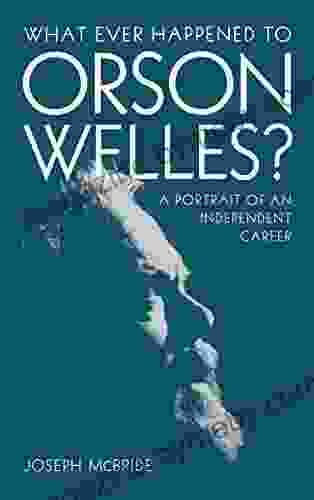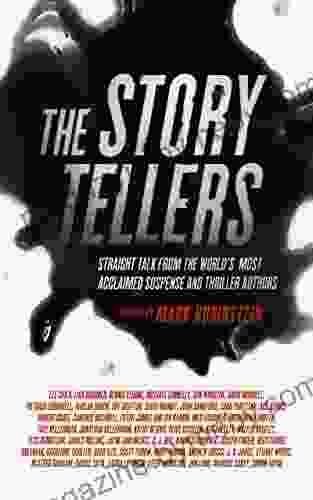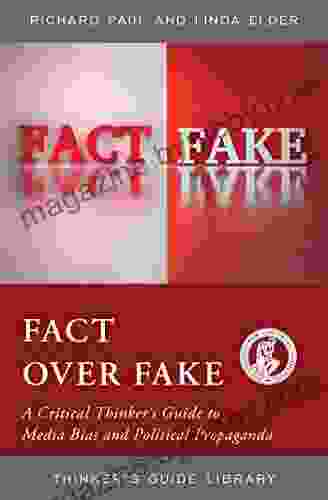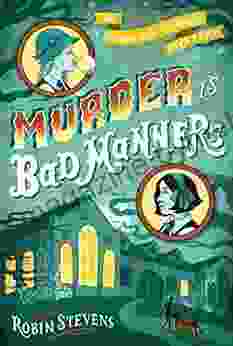: The Enduring Legacy of a Cinematic Giant
Orson Welles, the enigmatic and larger-than-life figure of 20th-century cinema, remains an object of fascination and debate. His groundbreaking film Citizen Kane (1941) is widely hailed as one of the greatest films ever made, yet his career was marked by controversy, financial struggles, and unfulfilled potential. "What Ever Happened To Orson Welles?" seeks to shed light on the complexities of this true cinematic legend.
Citizen Kane: A Cinematic Masterpiece and a Controversial Beginning
Welles' debut feature, Citizen Kane, revolutionized the art of filmmaking. Its innovative narrative structure, groundbreaking cinematography, and unforgettable characters set a new standard for storytelling on screen. However, the film's critical and commercial success was marred by Welles' clash with the studio system, resulting in a bitter fallout that would shape his subsequent career.
4.2 out of 5
| Language | : | English |
| File size | : | 2657 KB |
| Text-to-Speech | : | Enabled |
| Screen Reader | : | Supported |
| Enhanced typesetting | : | Enabled |
| Word Wise | : | Enabled |
| Print length | : | 372 pages |
| Lending | : | Enabled |
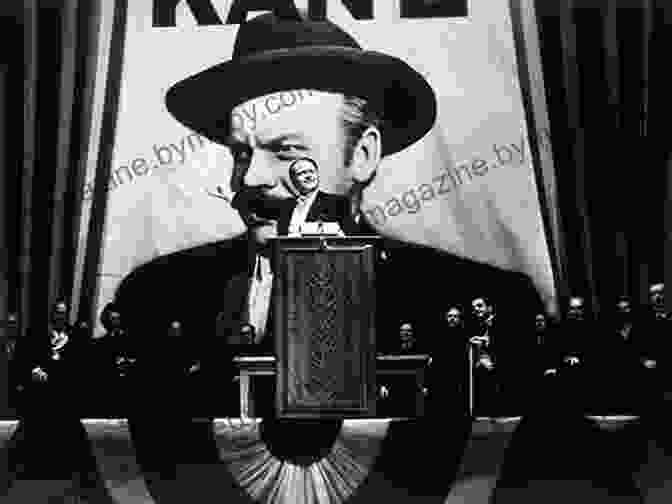
The Third Man: Noir Genius and Post-War Europe
Despite the setbacks, Welles continued to create memorable works, including The Third Man (1949),a gripping post-war thriller set in the labyrinthine streets of Vienna. The film's atmospheric cinematography and memorable characters, played by Joseph Cotten and Trevor Howard, solidified Welles' status as a master of film noir.
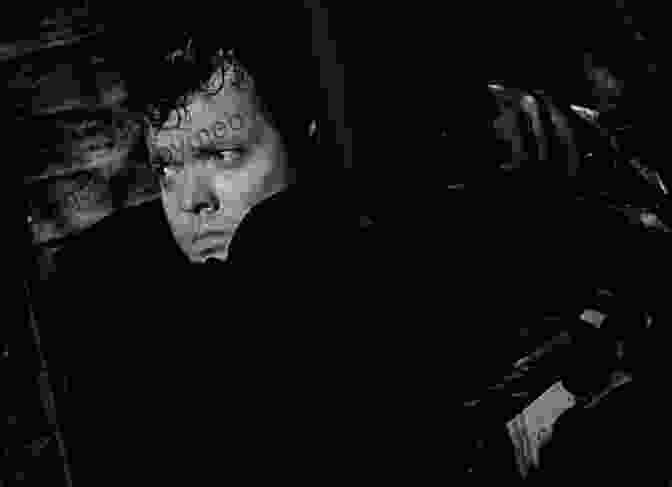
Hollywood Struggles and Unfulfilled Potential
Welles' subsequent films in Hollywood were met with mixed success. Macbeth (1948) and Othello (1952) showcased his Shakespearean adaptations, but they faced censorship challenges and commercial failures. Welles' struggles with studio interference and financial constraints haunted his Hollywood career, leaving many of his ambitious projects unrealized.
The Restless Innovator: Welles Beyond Hollywood
Disillusioned with Hollywood, Welles ventured into other avenues, including theater, radio, and television. He directed ambitious stage productions, creating innovative adaptations of Shakespeare and contemporary plays. Welles' radio broadcasts, such as his infamous "War of the Worlds" adaptation in 1938, demonstrated his unparalleled storytelling ability.

Personal Life, Controversies, and the Enigmatic Figure
Welles' personal life was as dramatic and tumultuous as his cinematic career. He had four wives, numerous affairs, and faced accusations of alcohol abuse. His volatile nature and outspoken views often courted controversy, further complicating his journey in the entertainment industry.
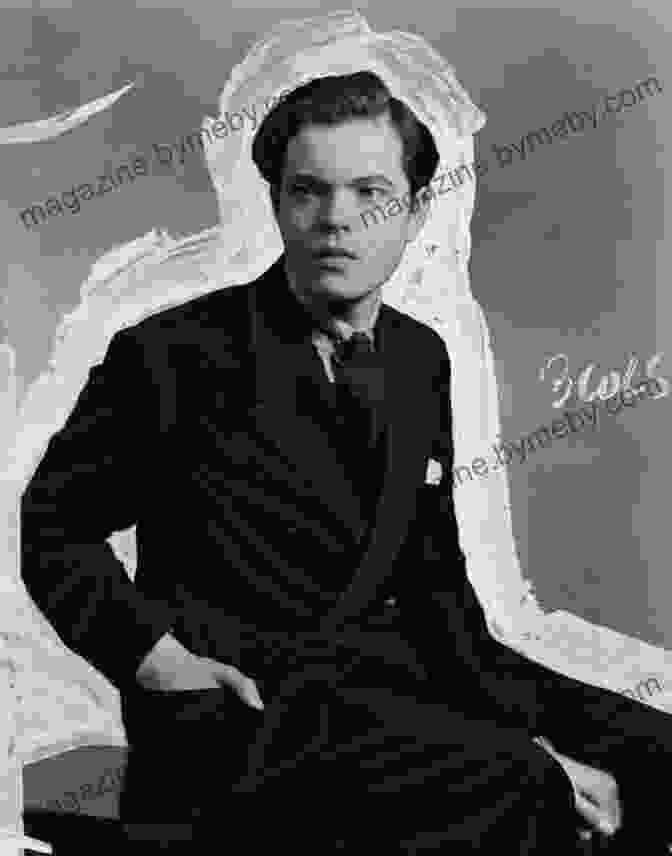
Legacy and Impact: A Trailblazing Visionary in Film and Culture
Despite the ups and downs of his career, Orson Welles' legacy as a visionary filmmaker is undeniable. His bold experiments with narrative, cinematography, and sound design continue to influence generations of filmmakers. Welles' impact extends beyond film, into theater, radio, and literature. He remains an enigmatic and fascinating figure whose life and work continue to inspire and challenge.

: The Unforgettable Enigma
"What Ever Happened To Orson Welles?" is a literary exploration that delves into the extraordinary life and career of one of cinema's most enigmatic figures. Welles' journey was marked by brilliance, controversy, and unfulfilled potential, yet his legacy as a visionary filmmaker and cultural icon remains unchallenged. This book provides a comprehensive look at the man behind the legend, shedding light on his complex personality, artistic struggles, and enduring impact on the world of film and beyond.



